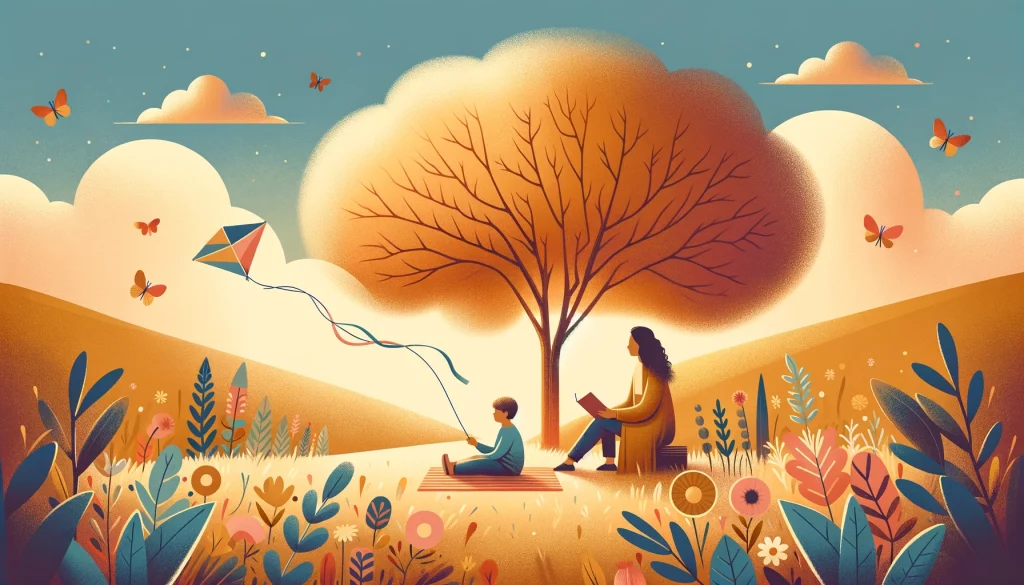Childhood is a delicate time in life that’s full of growth and development — especially when it comes to their mental and emotional growth and learning. As a parent, it’s natural to think about your child’s well-being and want them to feel safe and at ease through the varying stages of their lives so that they can succeed and thrive as they grow up.
One avenue that has proven beneficial for kids at all stages of life is therapy. Therapy is a tool that’s used around the world — from couples to individuals and families. Whether your child is struggling with their mental health or you want to give them a head start with problem-solving tools and a healthy mindset, therapy can be incredibly beneficial.
Let’s explore ways engaging in therapy can be a positive step forward for your child.
Emotional Expression and Regulation
Childhood is a unique time in one’s life. Throughout their early years, your child learns about who they are, what they like and don’t like, and how to build relationships. These stages can influence their ability to express and regulate their emotions.
Licensed therapists who have experience working with kids, like the team at CASE Psychology, understand how to address emotional regulation concerns in a way they can understand. They know how to build meaningful relationships with their younger patients and create positive and nurturing environments for them to feel comfortable and open up.
Building Resilience
Life will always throw curveballs and challenges our way — the earlier we can learn how to navigate these changes healthily, the better our mental health will be.

Therapy gives kids the tools to feel safe and capable throughout their lives, and speech therapy for kids Melbourne provides specialized support to help children develop essential communication skills. Therapists who specialize in treatment approaches for kids can help them build a strong foundation and empower them to move through the next stages of their lives with confidence.
Nurturing Healthy Relationships
Building relationships starts in infancy when little ones learn to recognize their caregivers and family members. As kids grow up, they begin to form friendships in school and through extracurricular activities.
The ability to form and nurture relationships isn’t always easy for children. Working with a trained, compassionate therapist allows them to learn the essential communication, empathy, and interpersonal skills needed to successfully create and maintain friendships and relationships.
What to Look For
If you think your child is going through a hard time, it’s important to recognize some of the verbal and non-verbal signs, including:
- Struggling with Academics
- Noticeable Behavioral Changes
- Trouble Expressing Emotions
- Difficulty Forming/Maintaining Relationships
Whether any of these signs apply or you simply think your child could benefit from learning about communication and problem-solving tools early on in their life, consider giving therapy a try.
At the end of the day, therapy is a tool that can be applied to all ages and needs. With the help of a licensed therapist, you can help set your child up for success.


